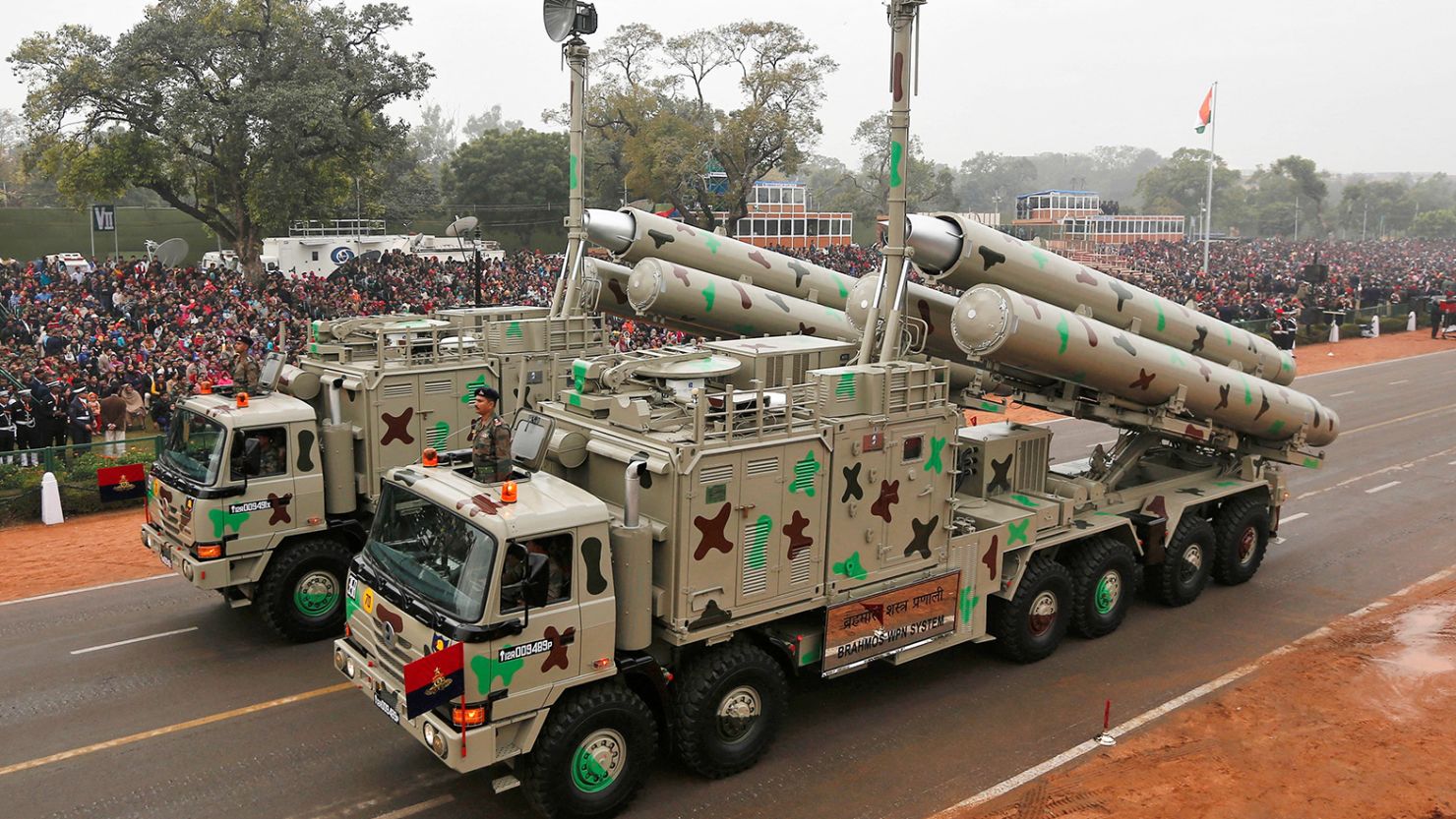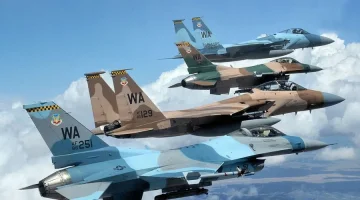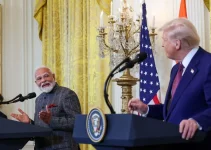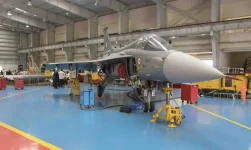- Views: 2K
- Replies: 22

Russia has strongly denied Western media reports suggesting that India is moving away from its historical reliance on Russian arms. Speaking in a recent interview, Russian Ambassador to India, Denis Alipov, sought to underscore the ongoing strength of the countries' military cooperation.
Ambassador Alipov pointed to India's continued domestic production of Russian-designed military equipment as evidence of the robust partnership. He specifically noted that India has manufactured close to 1,000 T-90 tanks and 300 Su-30MKI fighter jets under established licensing agreements with Russia.
The ambassador also highlighted what Russia sees as a key difference between its approach and that of Western arms suppliers. He asserted that Russia offers India the full transfer of advanced military technology, a level of cooperation he claims Western countries are often unwilling to provide.
Ambassador Alipov's comments come at a time when India is actively diversifying its arms acquisitions, demonstrating a growing interest in procuring weapons systems from countries like the United States and France. This shift has fueled speculation that India might be moving away from its traditional reliance on Russian military hardware.
While Russia works to counter this narrative, India is likely to continue expanding its sources of military equipment. This drive for diversification could ultimately result in a more balanced portfolio of military acquisitions for India, potentially lessening its reliance on any single arms supplier.
The extent of future defence cooperation between Russia and India will hinge on a complex mix of factors. These include shifts in the geopolitical landscape, India's larger military modernization goals, and the attractiveness of future arms deals offered by both Russia and competing suppliers.




